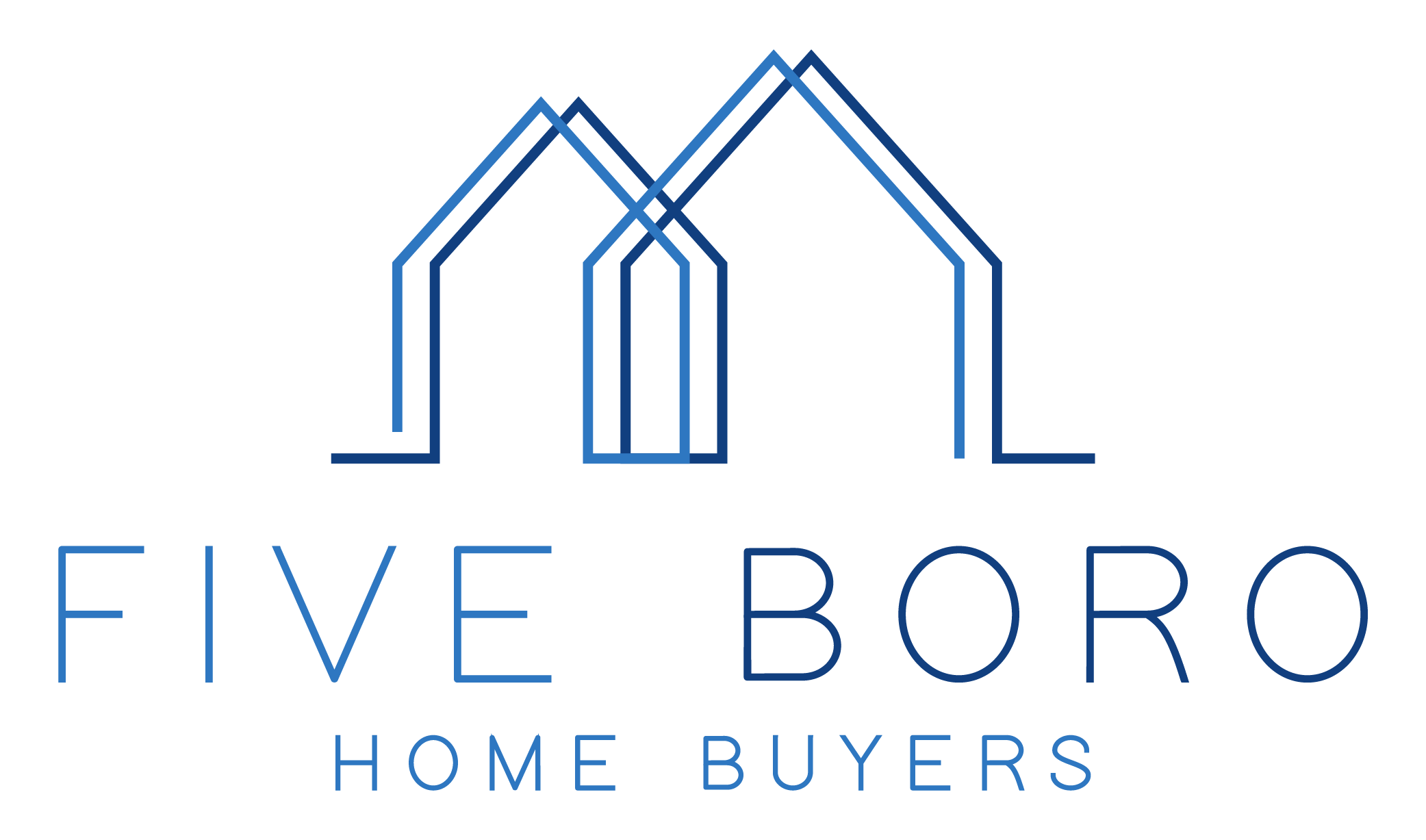1 out of every 200 homes falls victim to foreclosure. That’s according to numbers compiled by the FDIC.
The foreclosure process can be scary, but it doesn’t mean you should panic. You should treat it like a serious matter, of course. But you should also look at all your available options.
What happens when your house is foreclosed? First of all, it takes a few months. You won’t have a home one day and be out on the street with no warning the next day.
Read on for all the information you need to know about what happens when your house is foreclosed.
How the Foreclosure Process Starts
The foreclosure process begins when a homeowner stops paying their mortgage. It doesn’t begin after a single missed payment though.
In general, a mortgage foreclosure won’t begin until you’re at least three months behind on your house payments.
If you’re wondering why people don’t just make their payments, it’s not because they forgot. On a similar note, no one is sitting around their house and thinking, “I could pay the mortgage, but what’s in it for me?”
People facing foreclosure are almost always in dire financial straits. They may have lost a job. Perhaps a family member died and they can’t pay the bills anymore.
A few years ago during the housing market bust, some homeowners performed what’s known as a strategic default. But even that is often an act of desperation.
The lender will give the homeowner some time. But after a few months, they’ll file a notice with the local government. This is sometimes known as a notice of default.
Pre-Foreclosure and Short Sales
For the homeowner who comes home to a foreclosure notice on their front door, it can feel like the timeline suddenly speeds up. But even then, they still have a grace period.
The grace period gives them time to work out an agreement with their lender. In some cases, the homeowner will be able to pay what they owe. But in other cases, a short sale is the best option.
A short sale is often confused with selling your home for cash. They’re not the same thing.
A cash sale means you don’t involve real estate agents or anyone else. When the buyer pays you, you keep 100 percent of the sale price. But you still owe the remaining balance on your mortgage.
Short sales happen during pre-foreclosure. It’s a way for the lender to get back some, but not all, of their loan.
Let’s say you bought a house for $400,000. A few years later, you still owe $325,000, but the house’s value has plummeted to $275,000.
In a short sale, the bank would agree to accept a sale price of $275,000 to settle the debt.
It doesn’t always work. But when it does, it can be an effective way for both the lender and homeowner to avoid a foreclosure auction.
Avoiding a Foreclosure
Going through the foreclosure process means living with a near-constant sense of dread. You may feel like you’ve failed.
But you haven’t failed, and you can’t give up. You still have certain rights. The bank might not mention them, but they do exist.
We can help you avoid foreclosure. Contact us today to find out how.
